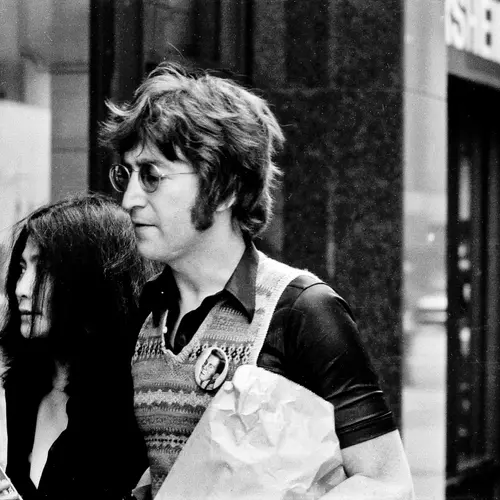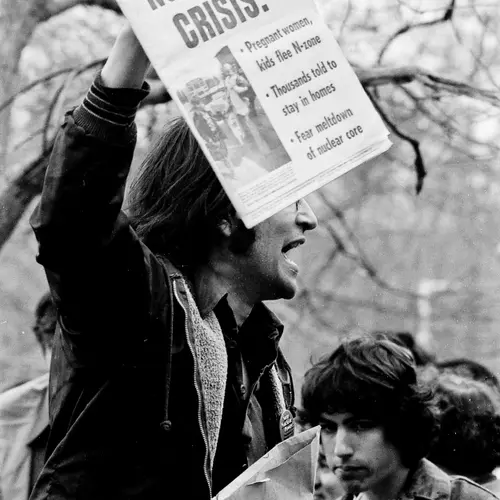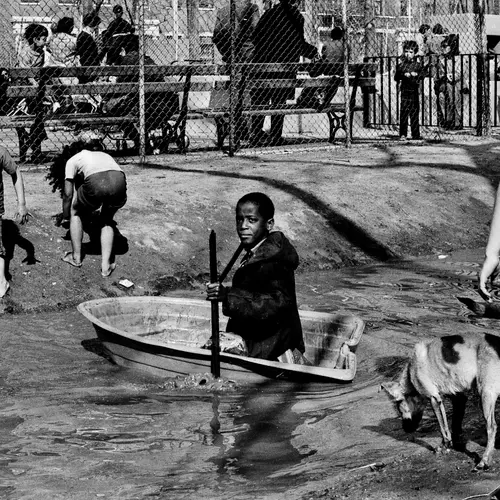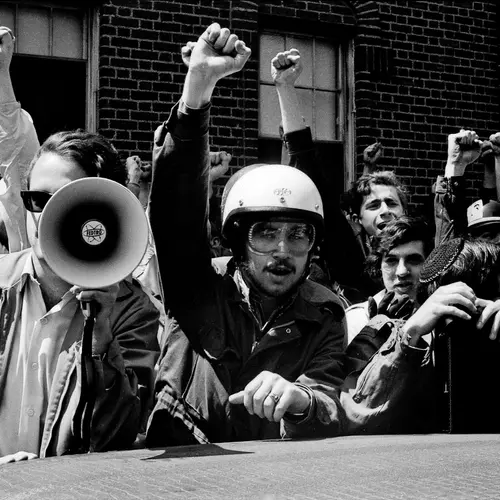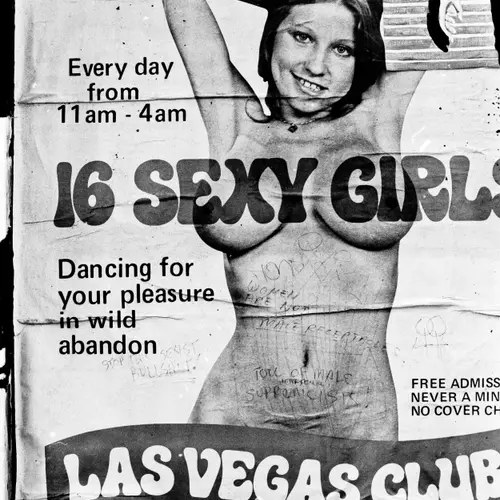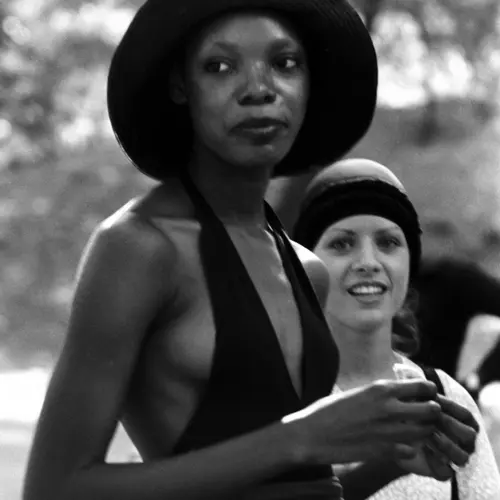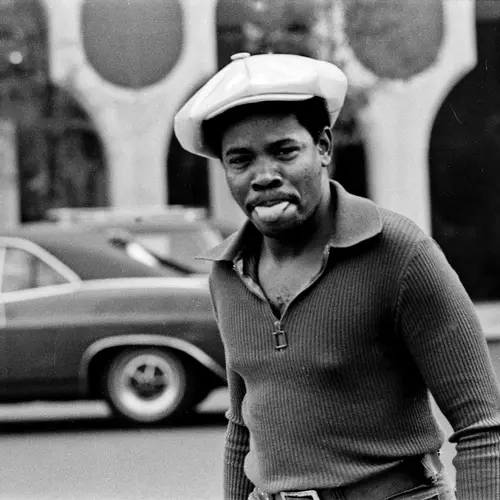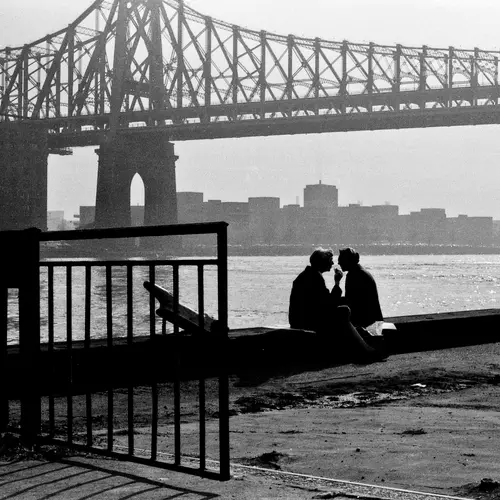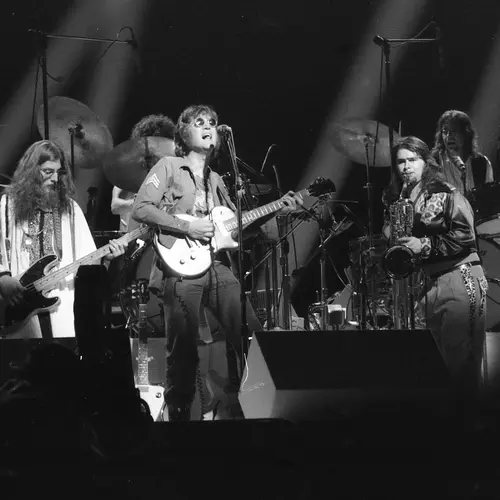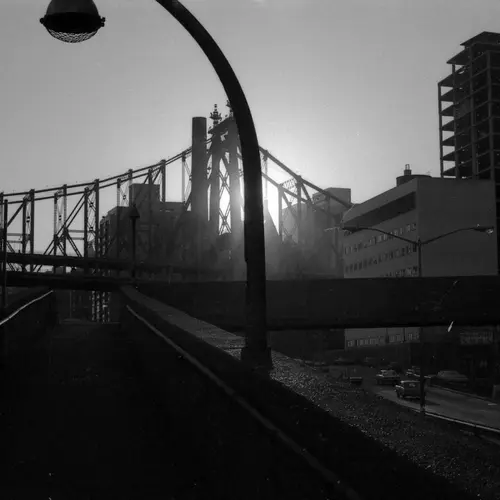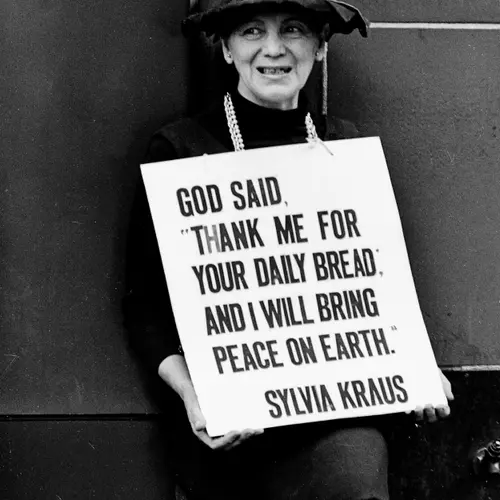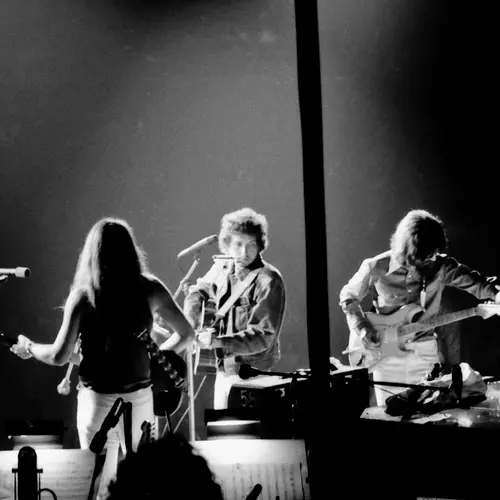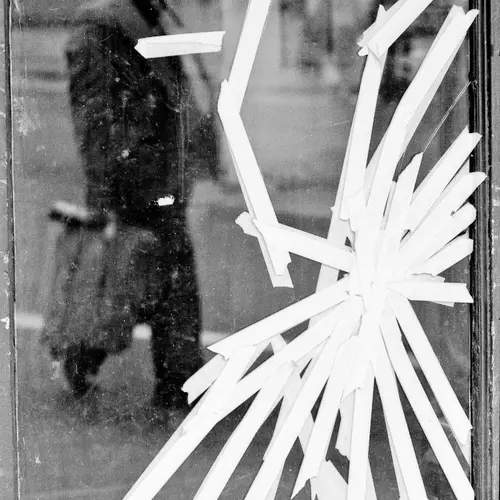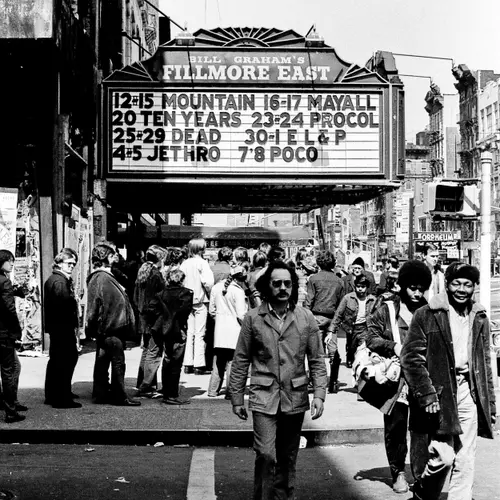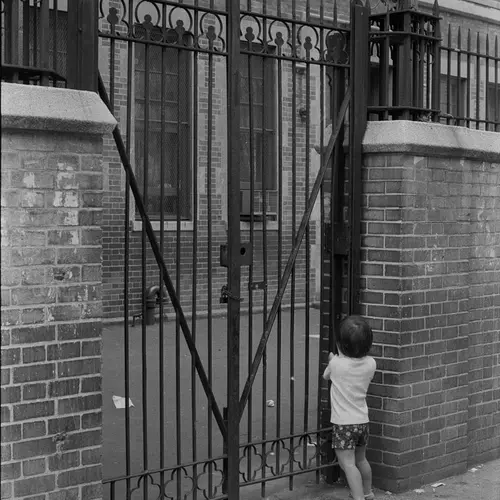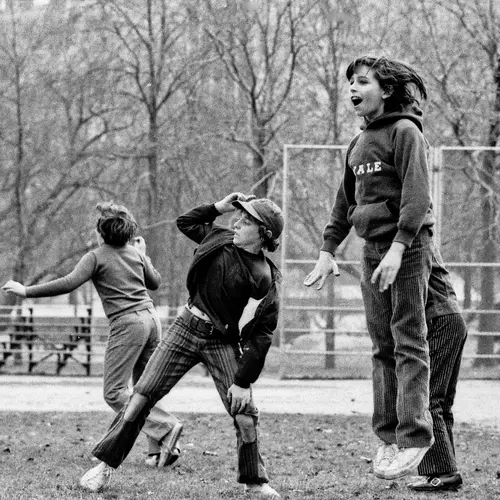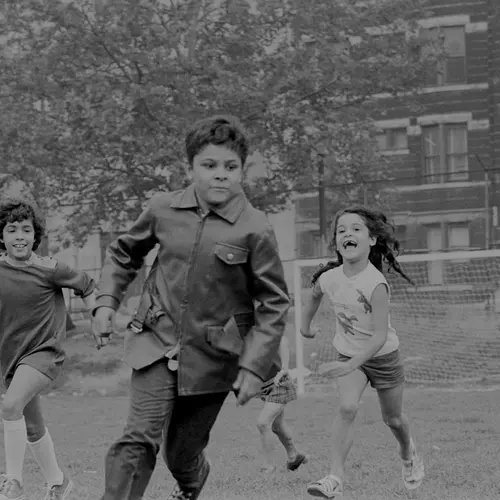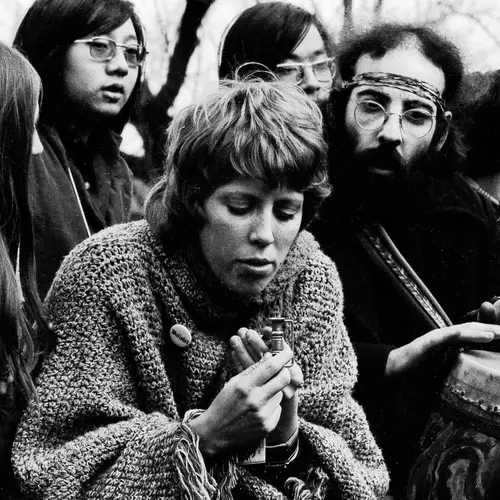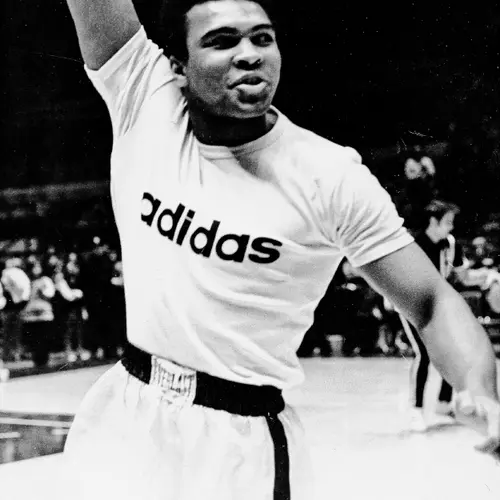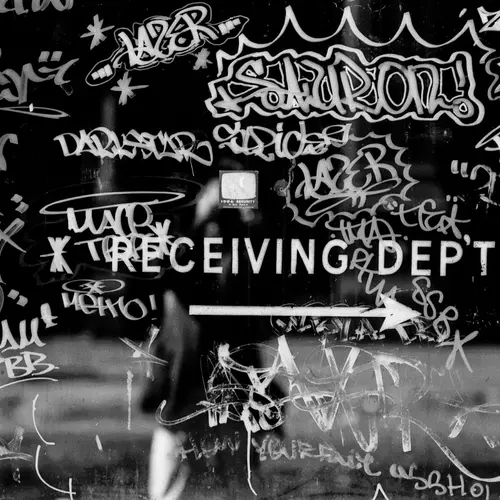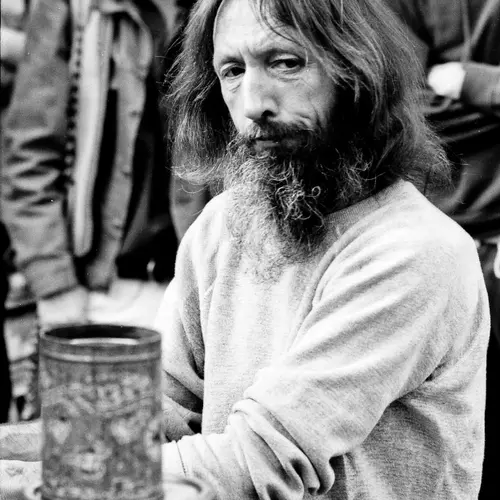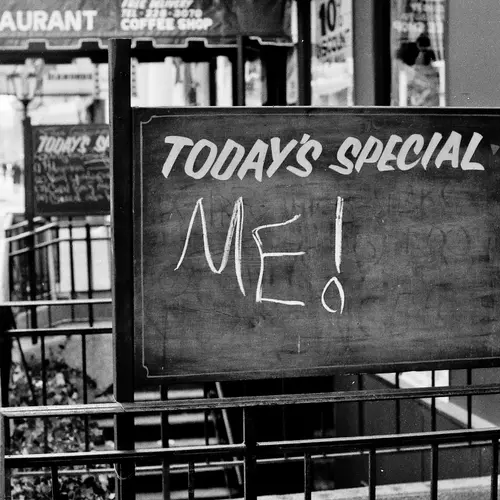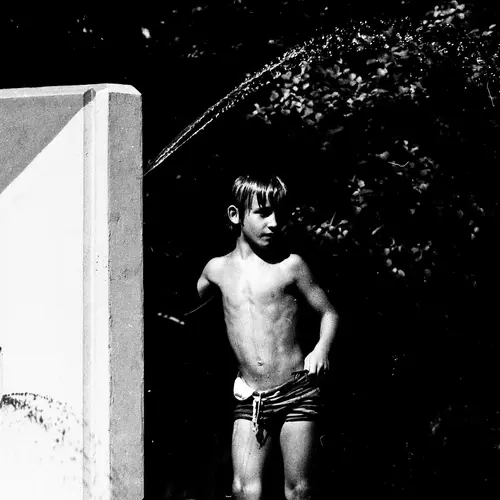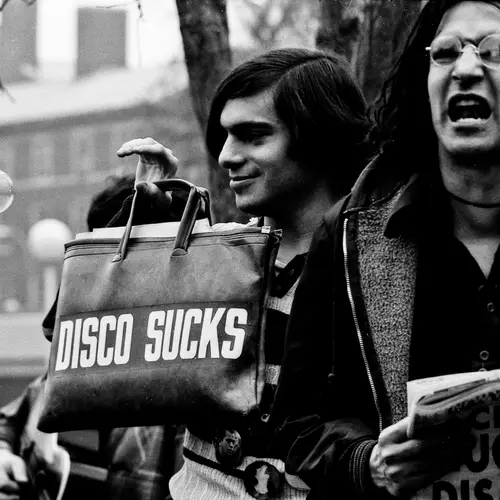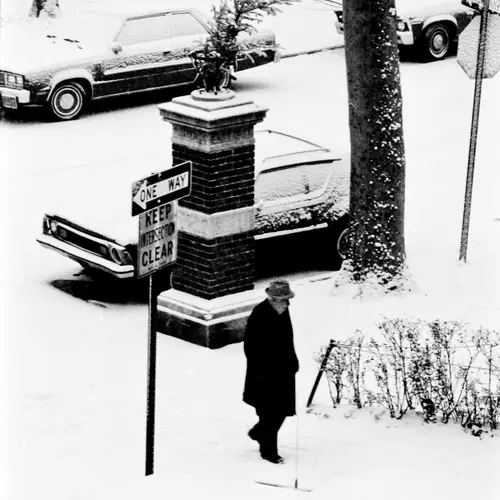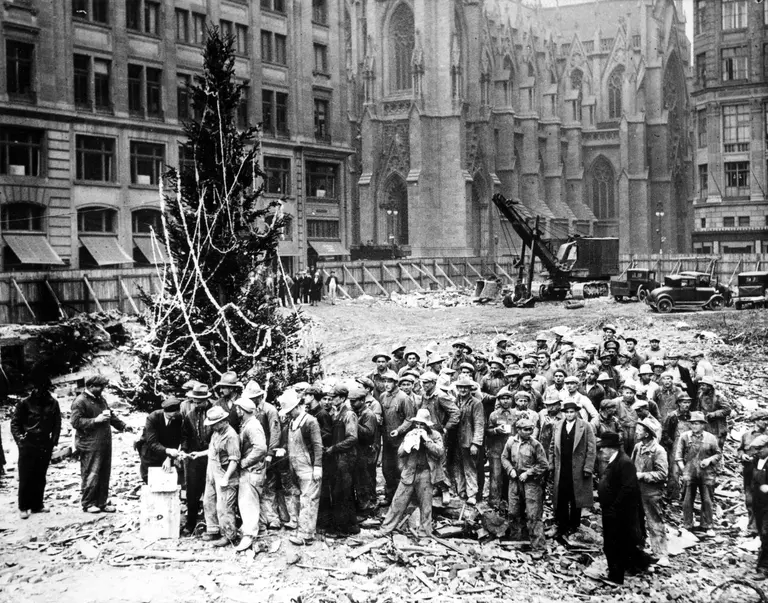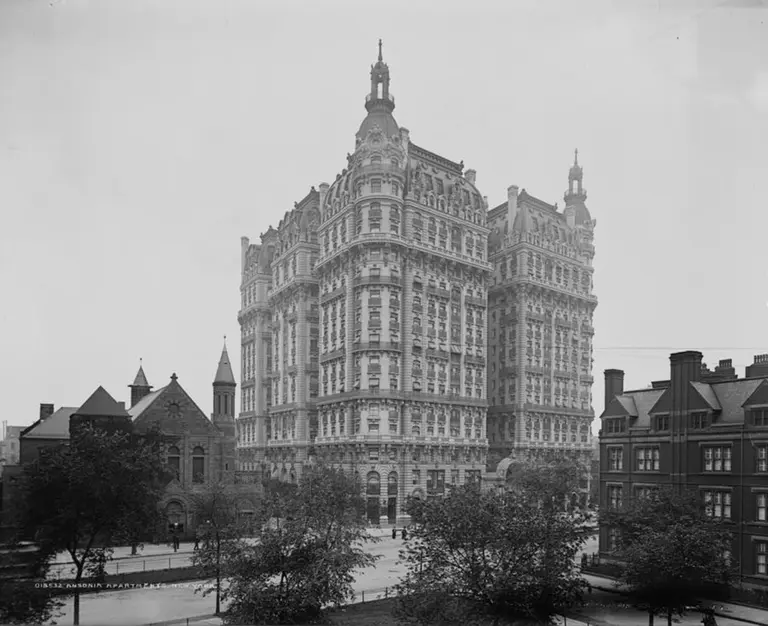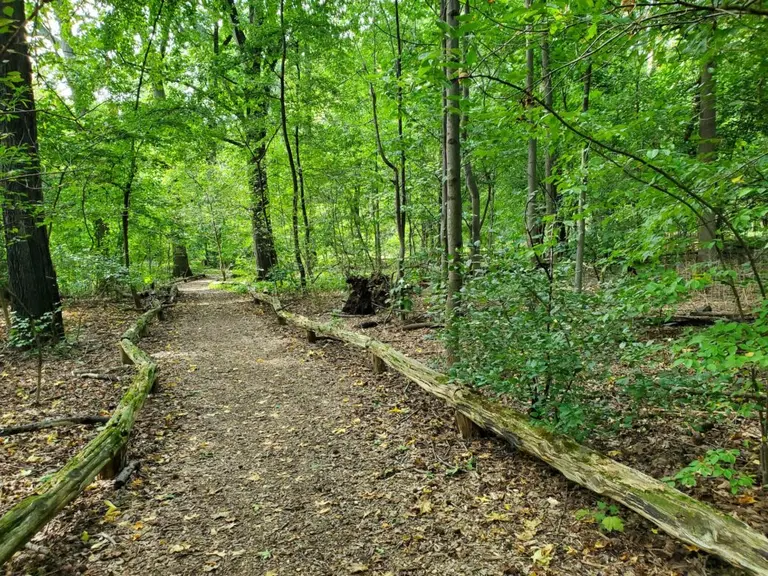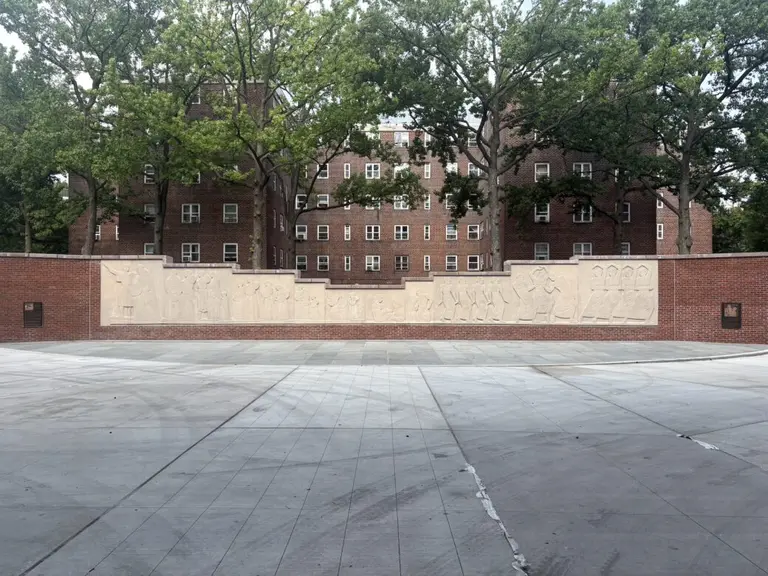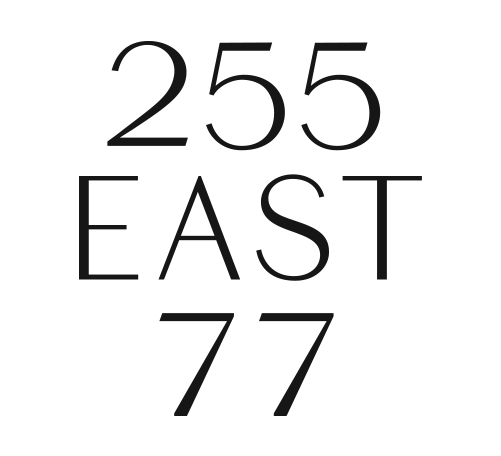John Lennon, Muhammad Ali, and the 1970s: Jeff Rothstein takes us back to a bygone NYC
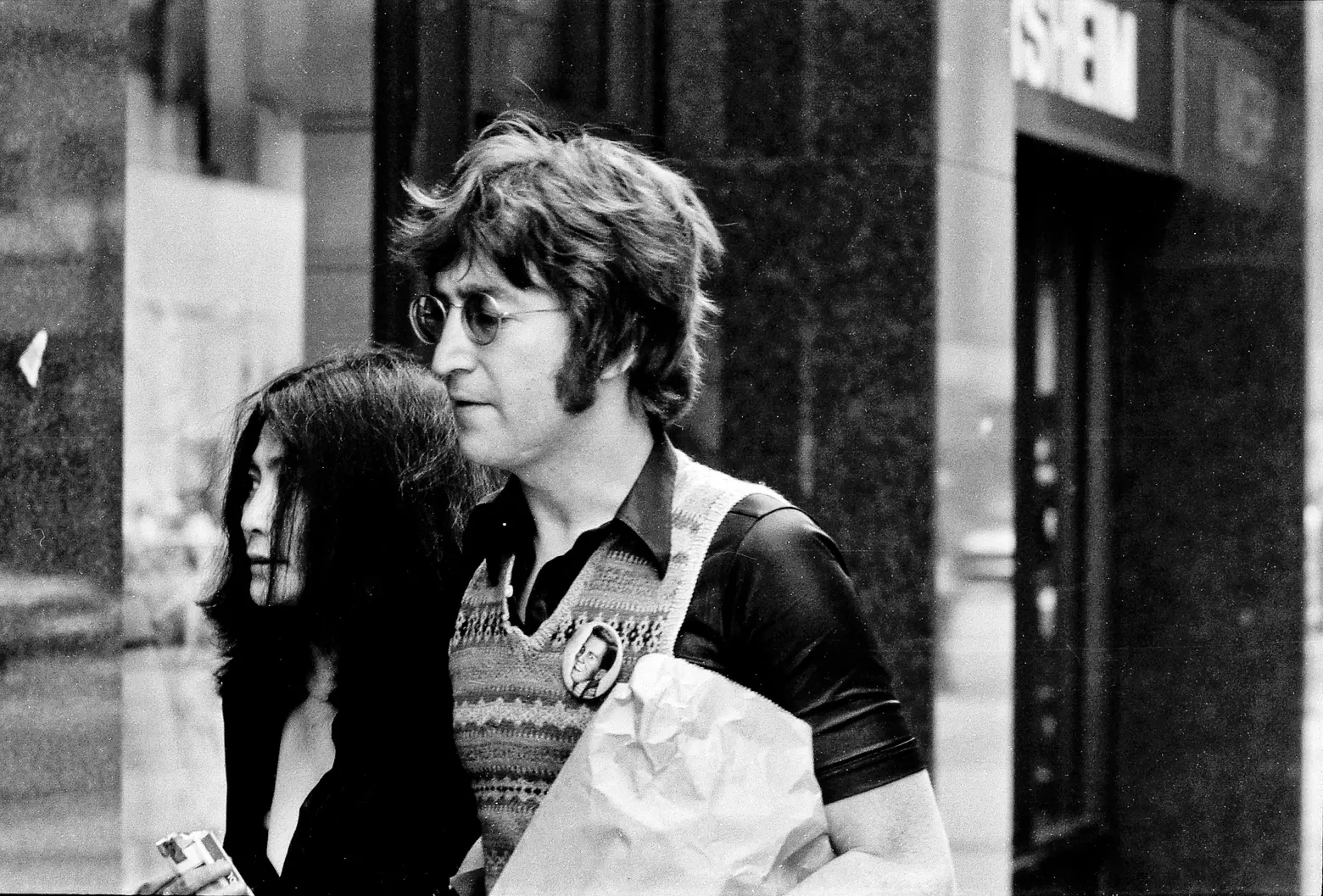
All photos © Jeff Rothstein
6sqft’s series The Urban Lens invites photographers to share work exploring a theme or a place within New York City. In this installment, Jeff Rothstein shares a collection of 1970s street photos. Are you a photographer who’d like to see your work featured on The Urban Lens? Get in touch with us at [email protected].
Brooklyn native Jeff Rothstein bought his first 35 mm camera in 1969, hoping to get some good shots at the Yankees and Mets game he frequently attended. But what he found was a love for NYC that turned him into an avid street photographer for the rest of his life. Jeff recently compiled a selection of these black-and-white images in his book “Today’s Special: New York City Images 1969-2006,” and he shared a subset of 1970s photos with 6sqft. From John Lennon, Yoko Ono, and Muhammad Ali to protests shows at the Filmore East, and candid shots of everyday New Yorkers, Jeff’s work captures a bygone NYC with a delicate intimacy.
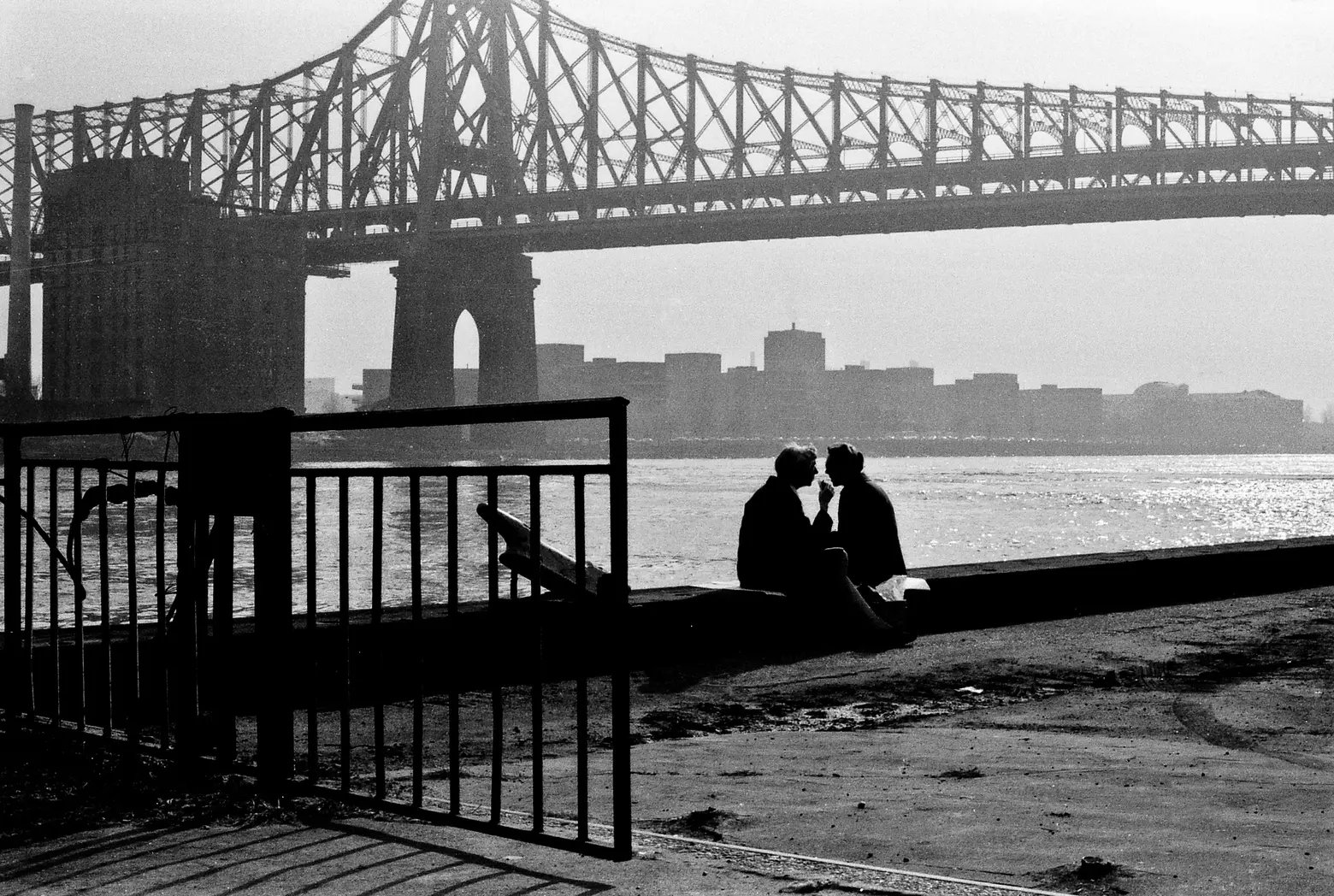
Where in Brooklyn did you grow up?
I was born and raised in Crown Heights in the ’50s and ’60s. I have fond memories of my childhood there. It was the type of neighborhood that Jane Jacobs used to champion. On summer nights, the kids would play on the sidewalks and the parents would sit on folding chairs outside the apartment buildings. Everyone knew each other and looked out for each other. It amuses me that young people today are moving to that area.
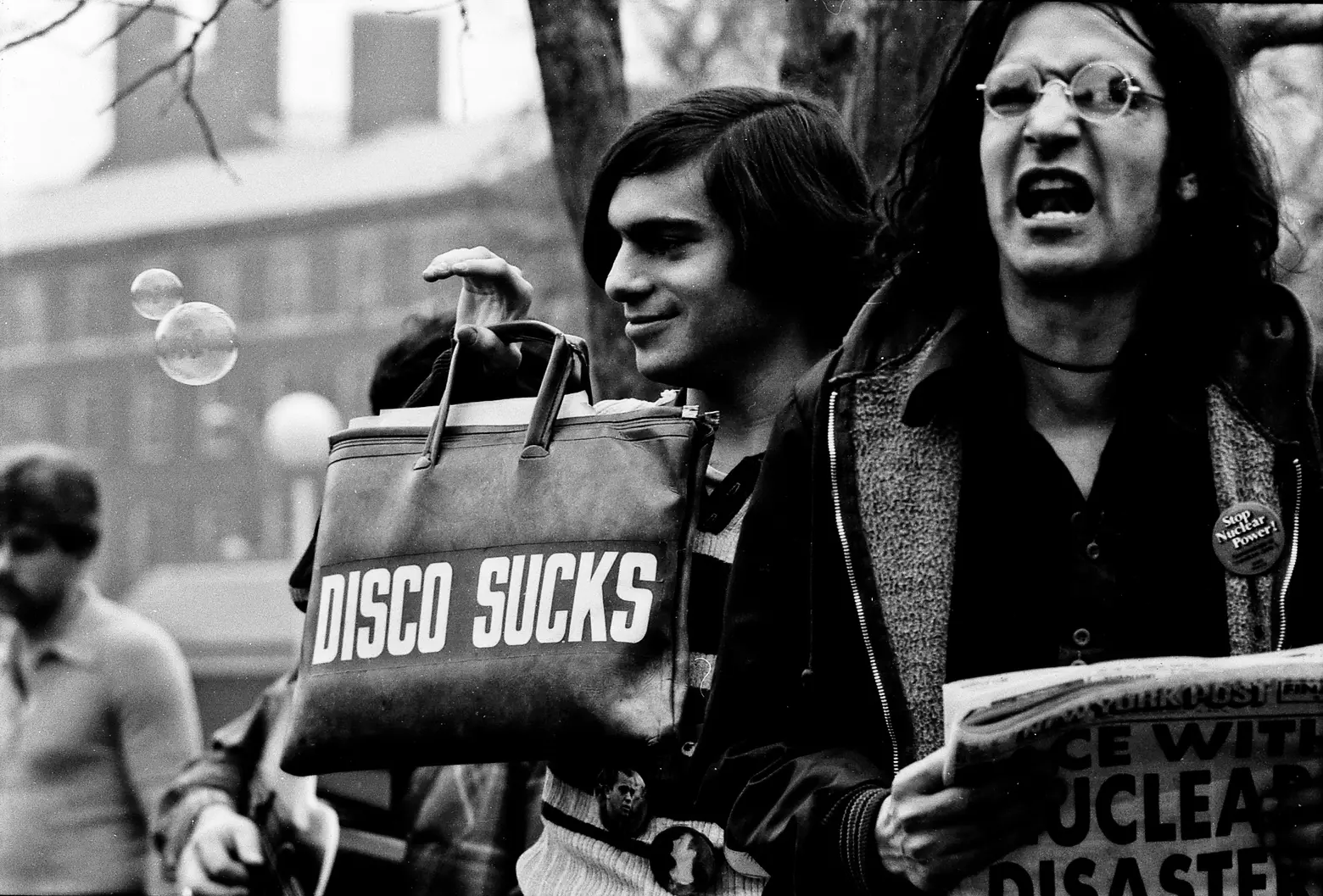
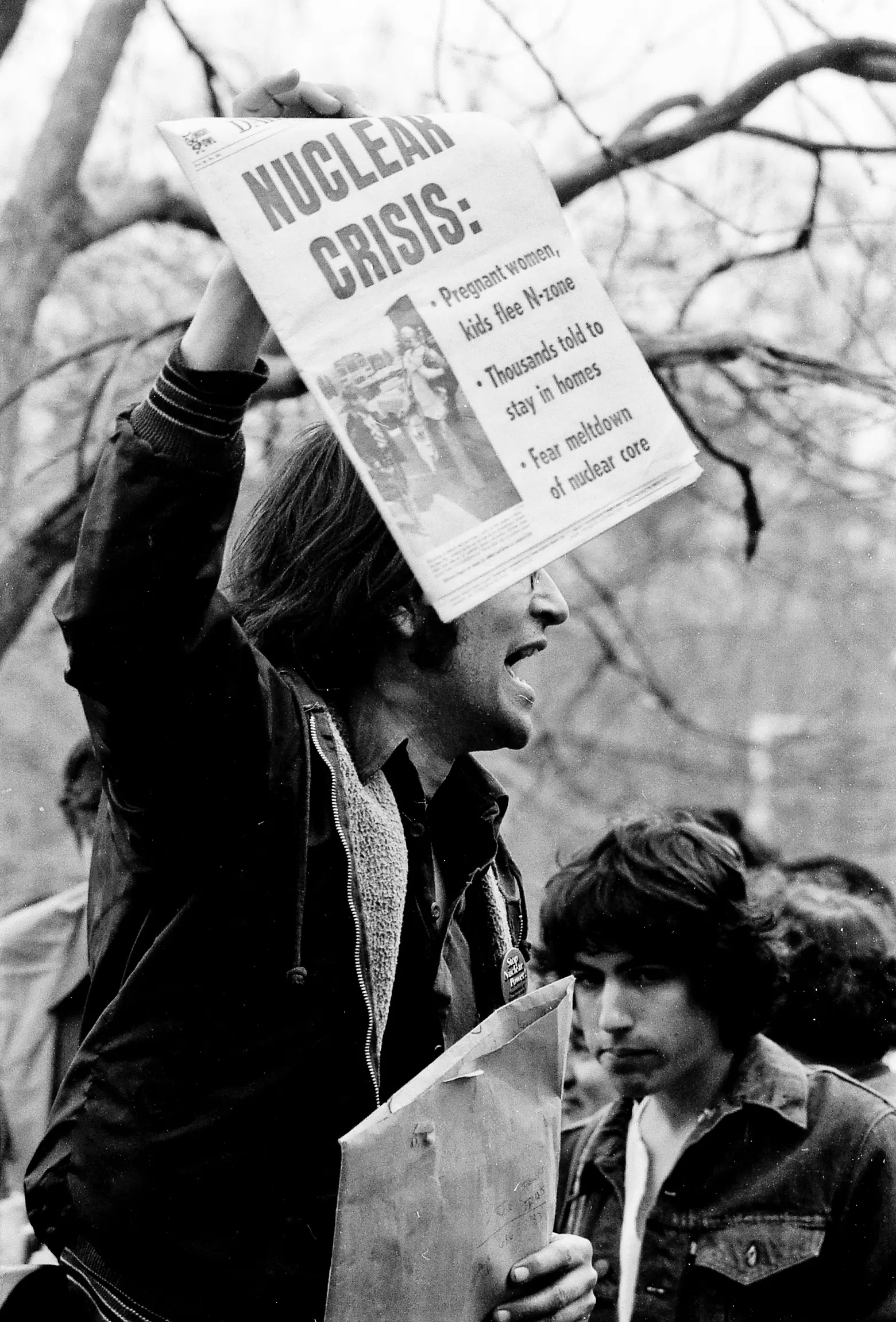
Where do you live now?
My wife and I have been living in the same West Village apartment for the last 30 years. Like all New York, the immediate area has gone through many changes since we’ve been there–from quirky mom-and-pop establishments to a Marc Jacobs fashionista destination. Because of escalating rents, a number of storefronts are now empty, including our go-to restaurants on our block.
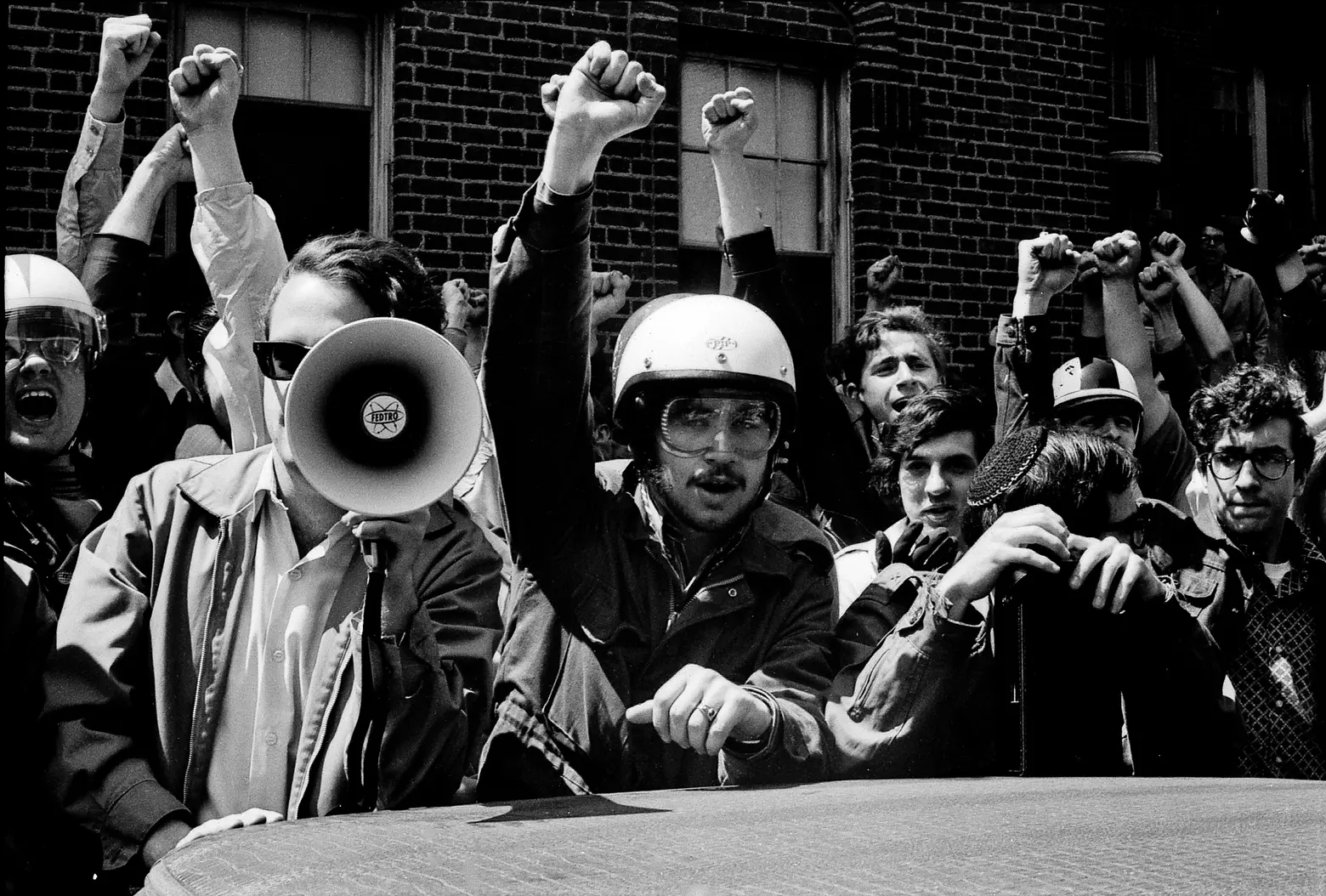
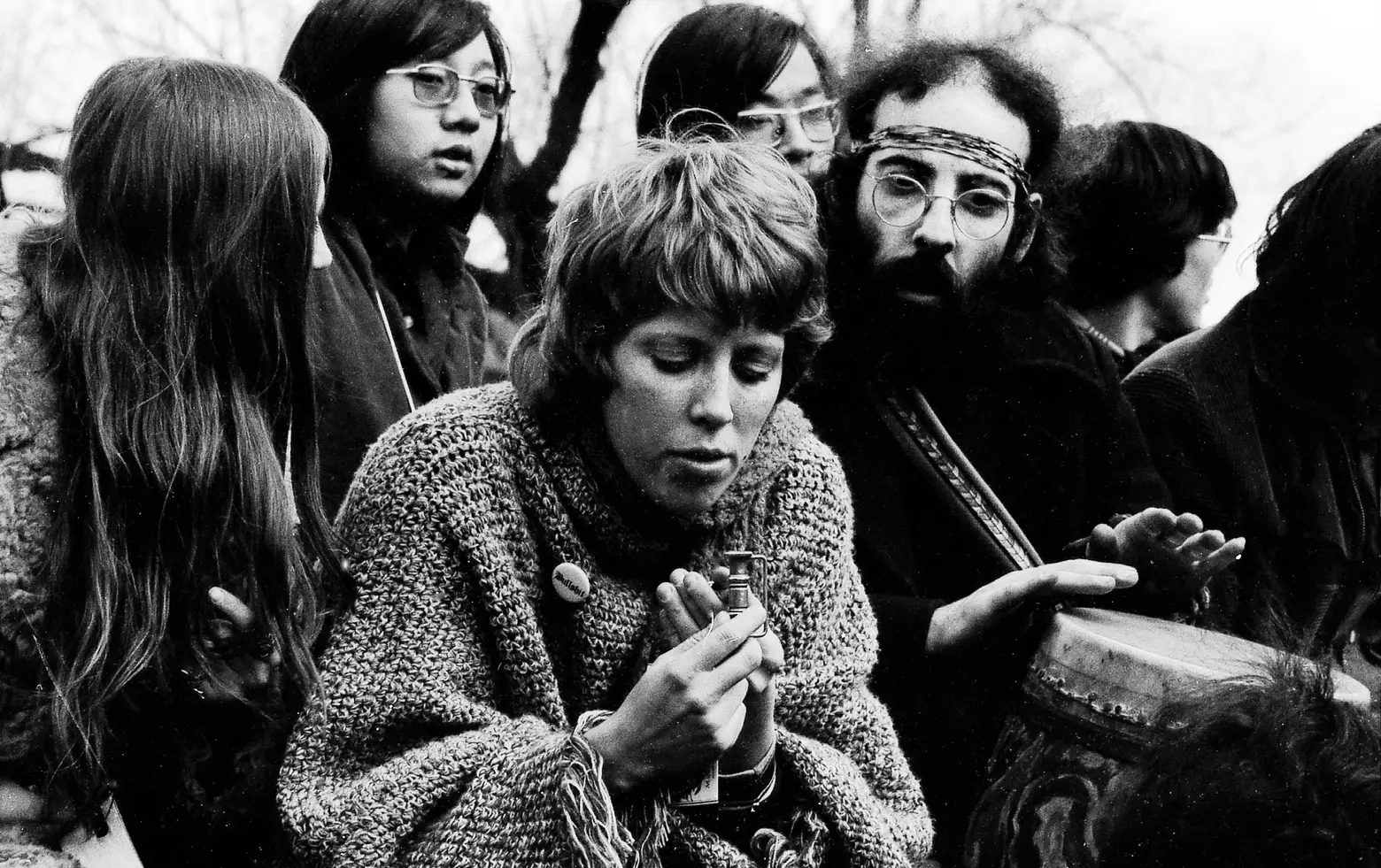
What got you into photography?
I got into photography as sort of a means to an end. My friends and I used to attend many Mets and Yankees baseball games. I basically bought a “real” camera to shoot photos at the ballparks. I then covered a lot of sports for my university (LIU) newspaper and then branched out to other assignments. I decided that shooting the streets of the city was the direction I wanted to take.
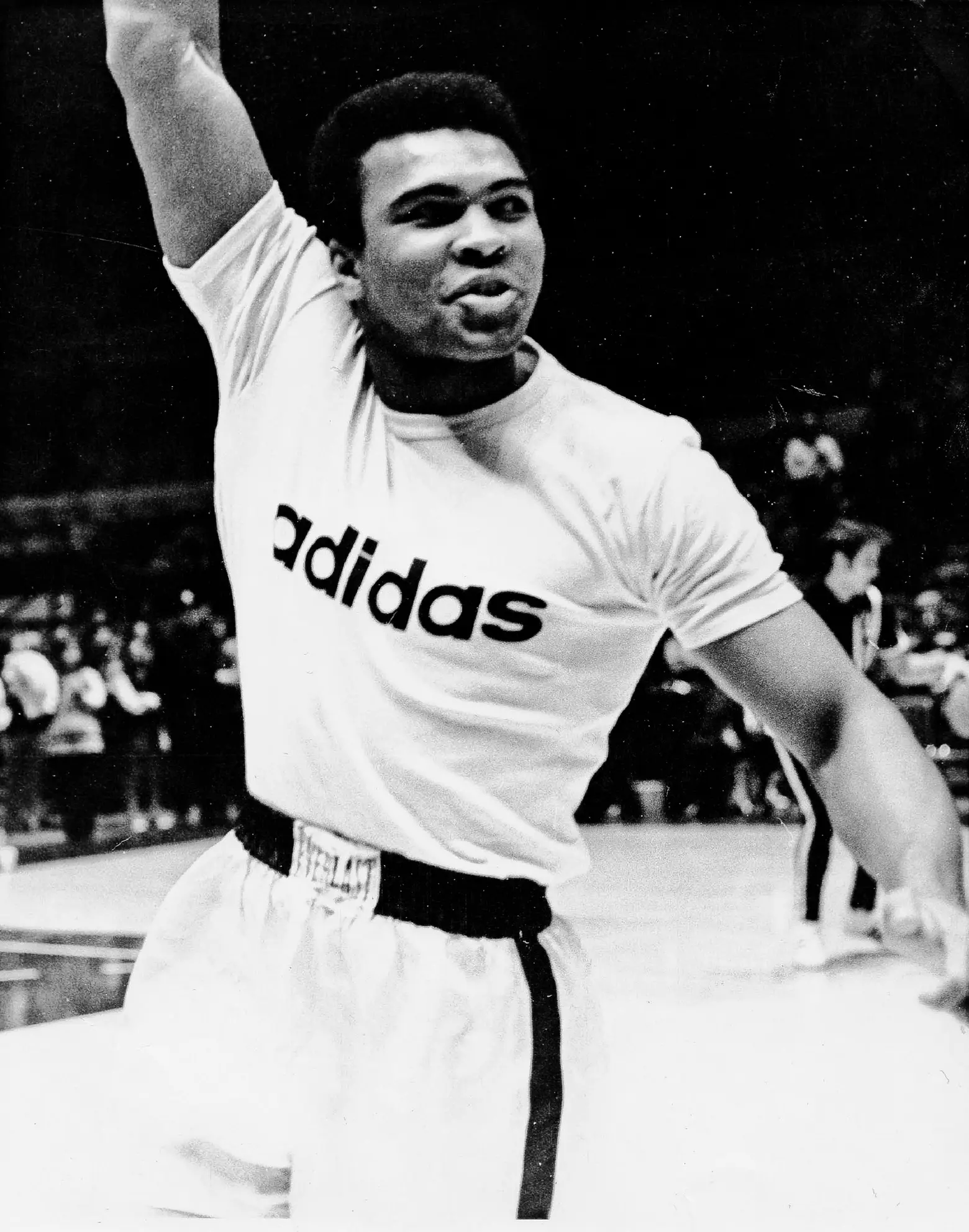
What about NYC in the ’70s do you think is the most interesting in terms of your photography?
New York was a much grittier, edgier place in the ’70s, which made for more interesting images. I feel there was more energy in the streets, just a different vibe than today. Now it’s big chain drugstores, banks, and Starbucks on every block. I’m probably prejudiced because those were the years both my photography and I came of age. Looking back, I think you can feel the era’s history in the city through the images. Hey, living in a time when I could photograph John Lennon and Muhammad Ali didn’t hurt.
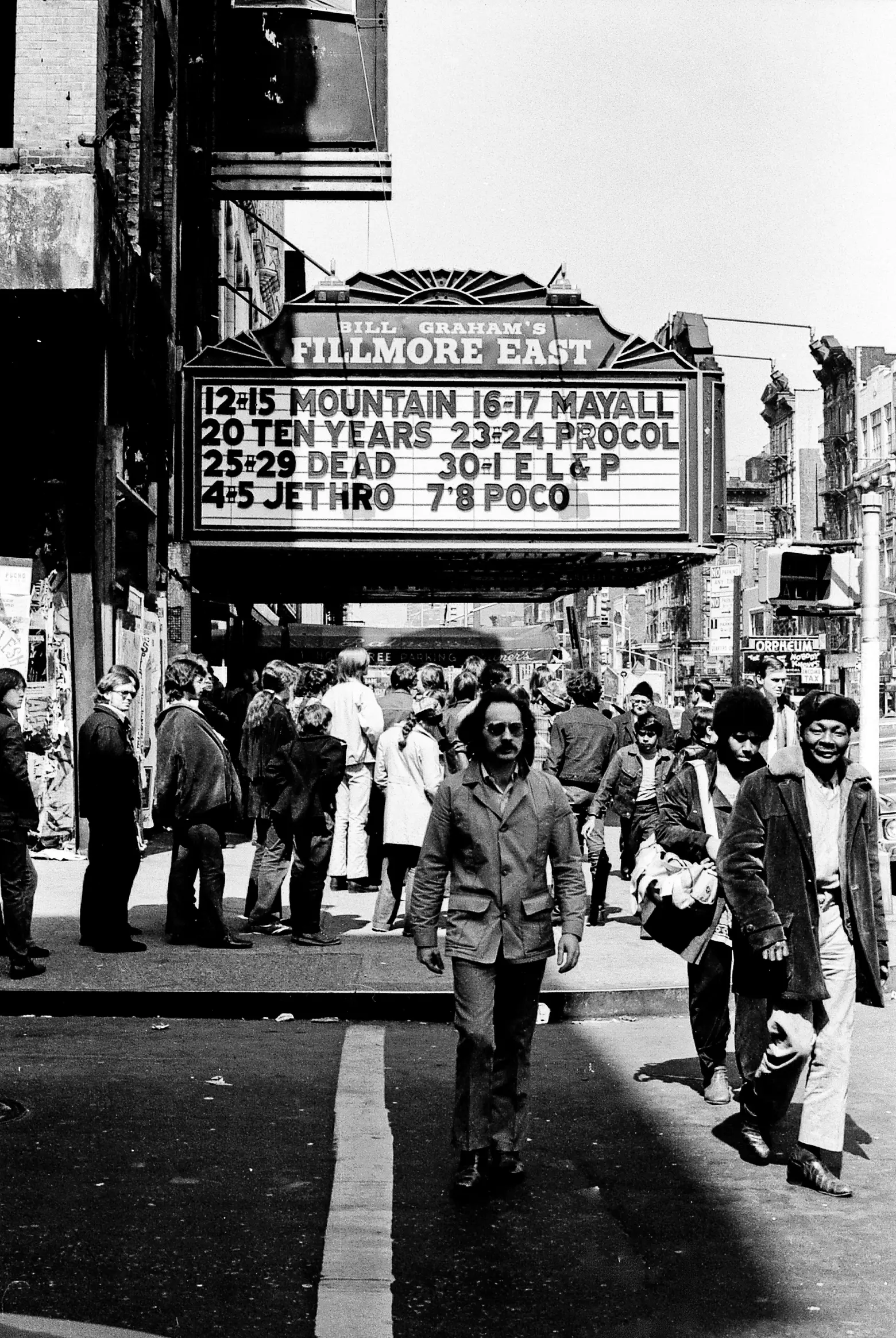
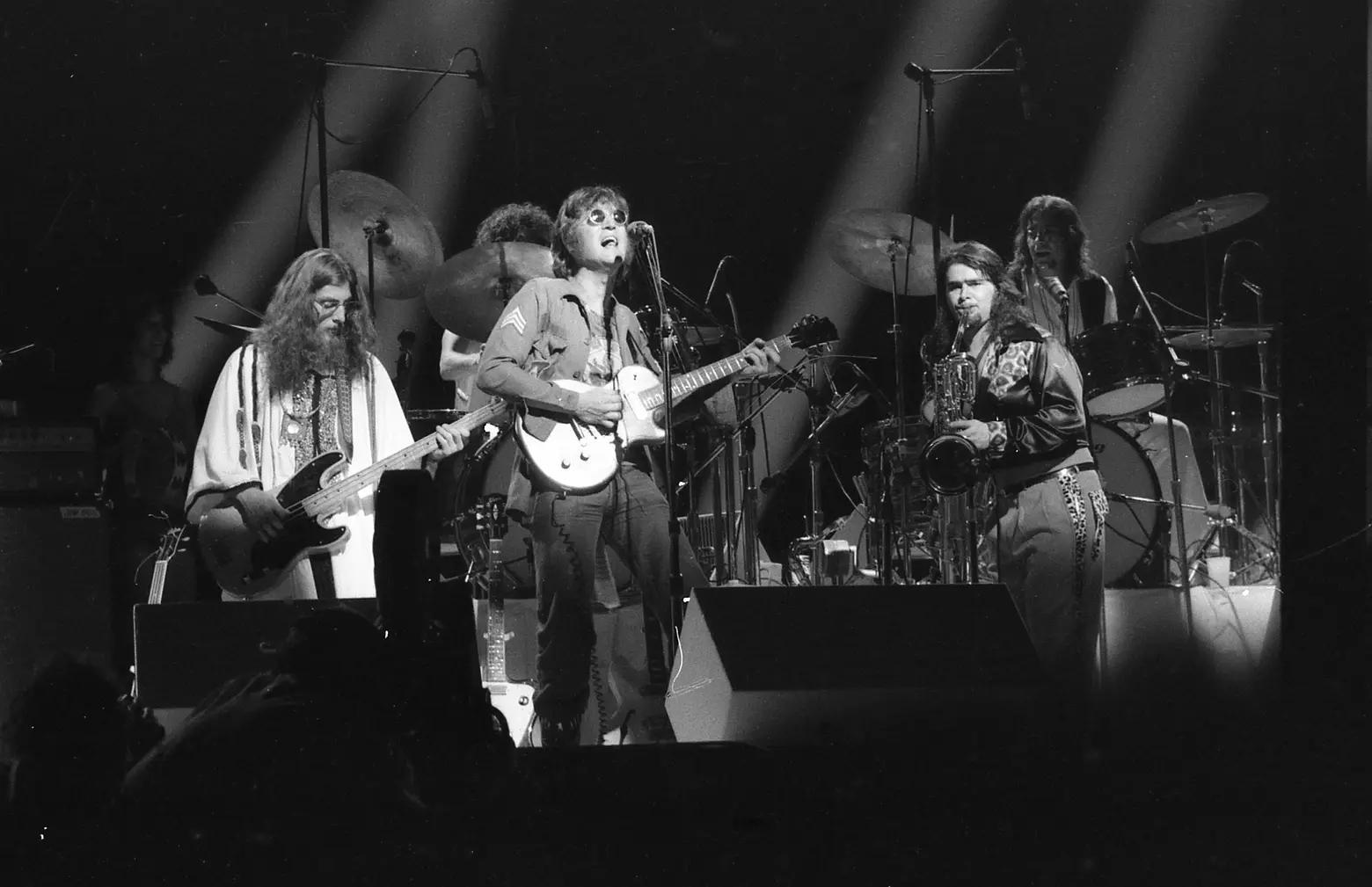
What do you miss most about this time?
Though the city was falling apart, there seemed to be limitless photo opportunities. A few things I miss:
- Eighth street with Discophile Records, Eighth Street bookshop, 8th Street Playhouse Movie Theater
- Fillmore East
- NYC Academy of Music (later the Palladium)
- Central Park rock concerts for $2.50
- All the camera stores clustered around West 32nd Street
The many independent book and record stores and movie theaters - Sipping Singapore Slings at Adam’s Apple on First Avenue
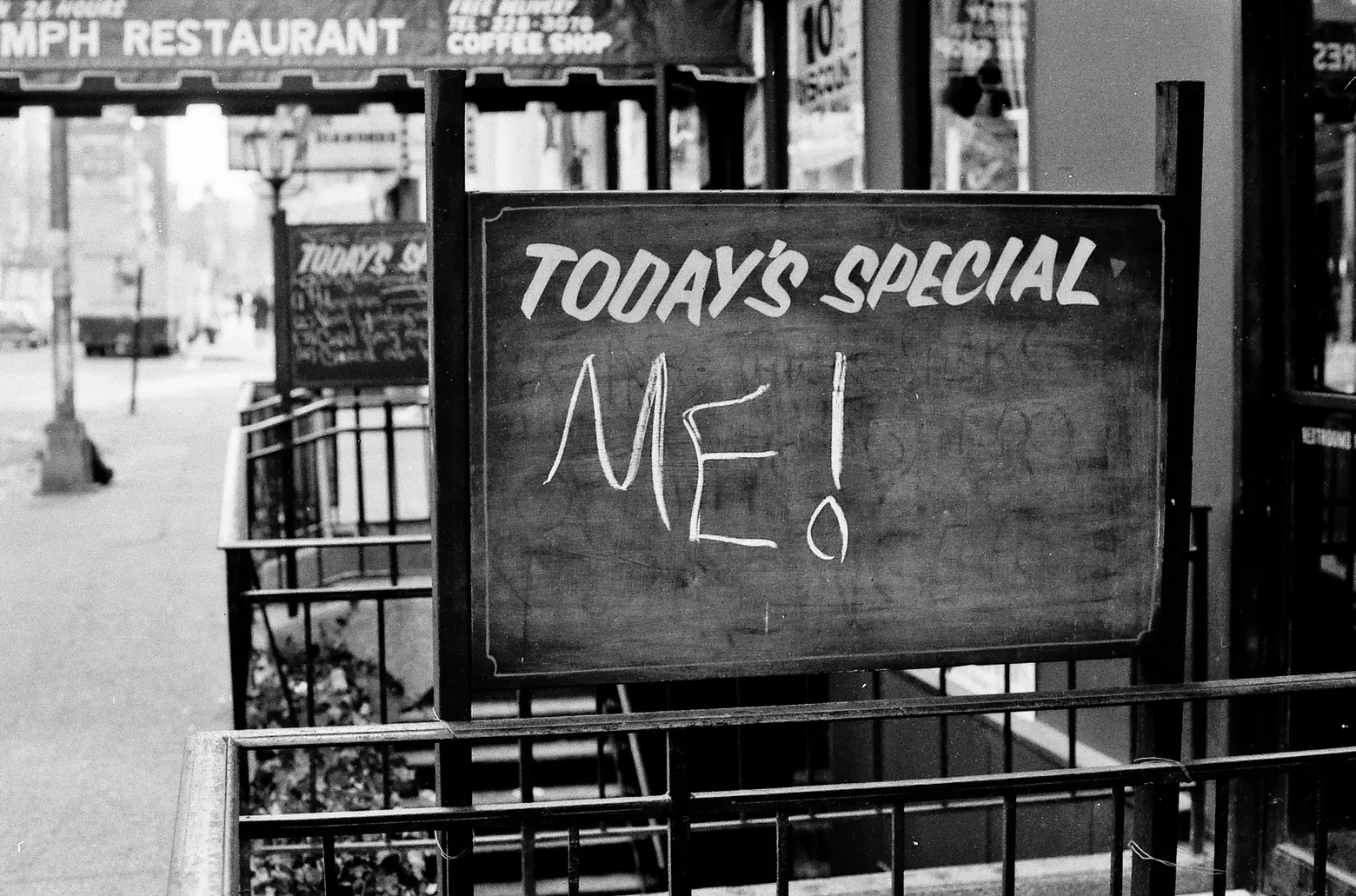
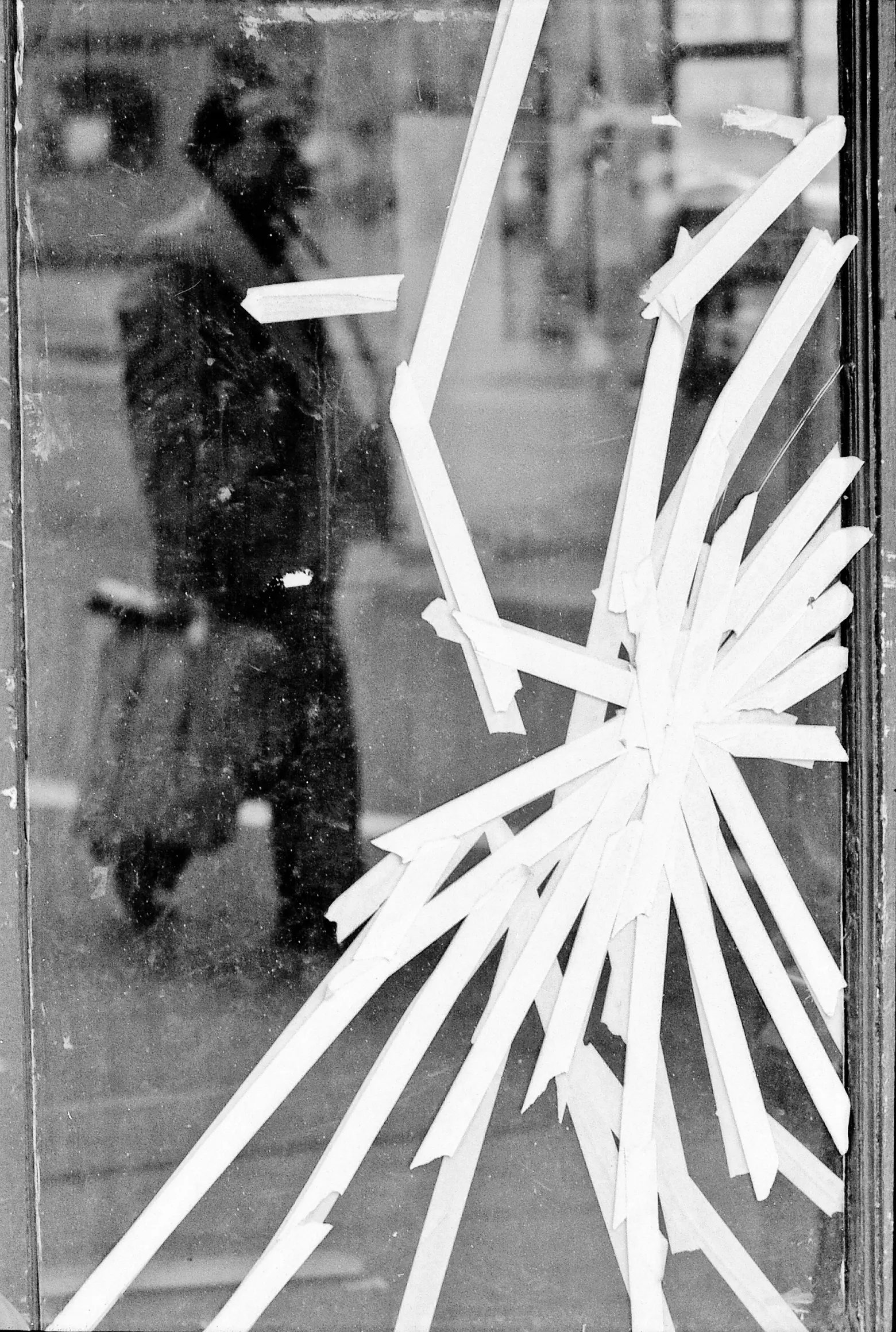
Are there things about NYC that you feel are better now?
The city’s certainly a kinder, gentler, and safer place to live now. In those days, carrying a camera, I had to walk down some streets constantly looking over my shoulder. Though speaking strictly as a street photographer, I have to say that grittiness makes for more interesting images.
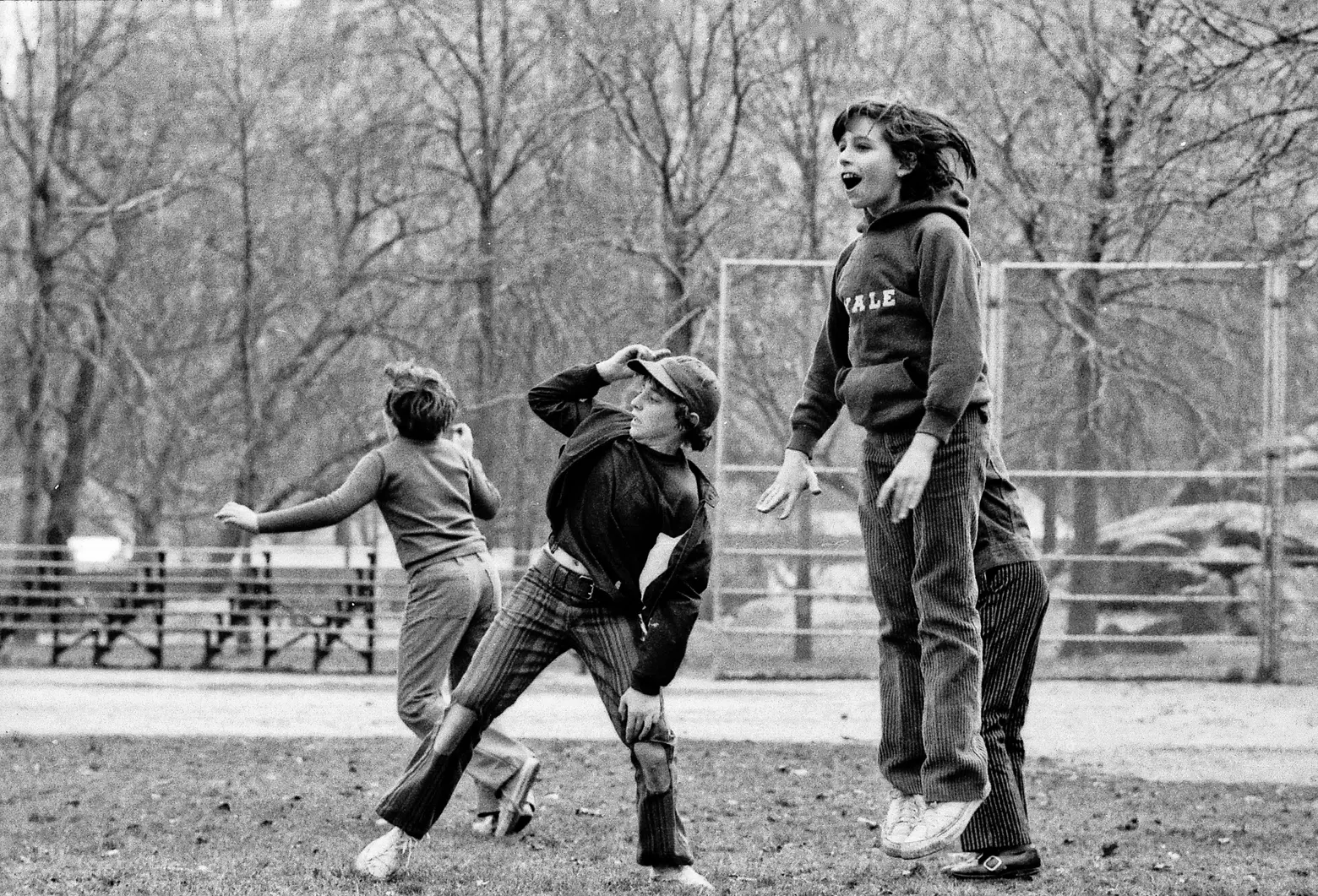
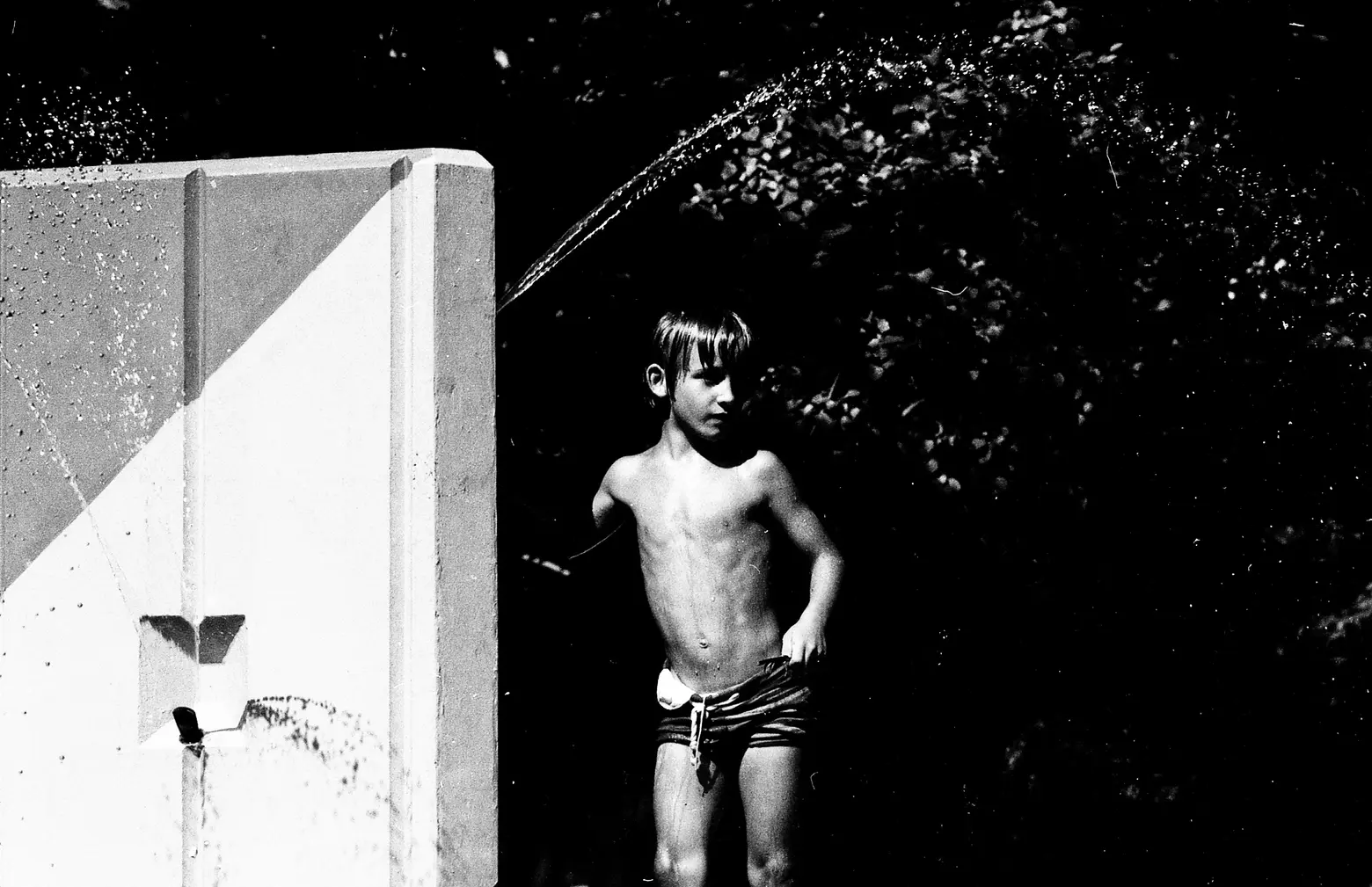
How is photographing the streets of NYC different than in the past?
It was easier to get stronger images back in the day. Now everyone on the streets is staring down at their phones, so it’s much harder to capture a great expression or people engaging with one another. Also, because of social media people have become much more suspicious of a camera pointing their way. I try to be as unobtrusive as possible. Years ago, kids were a great subject matter for me. These days I don’t even attempt to photograph children. Again, because of social media, parents would freak out. Helen Levitt would have a hard time shooting today.
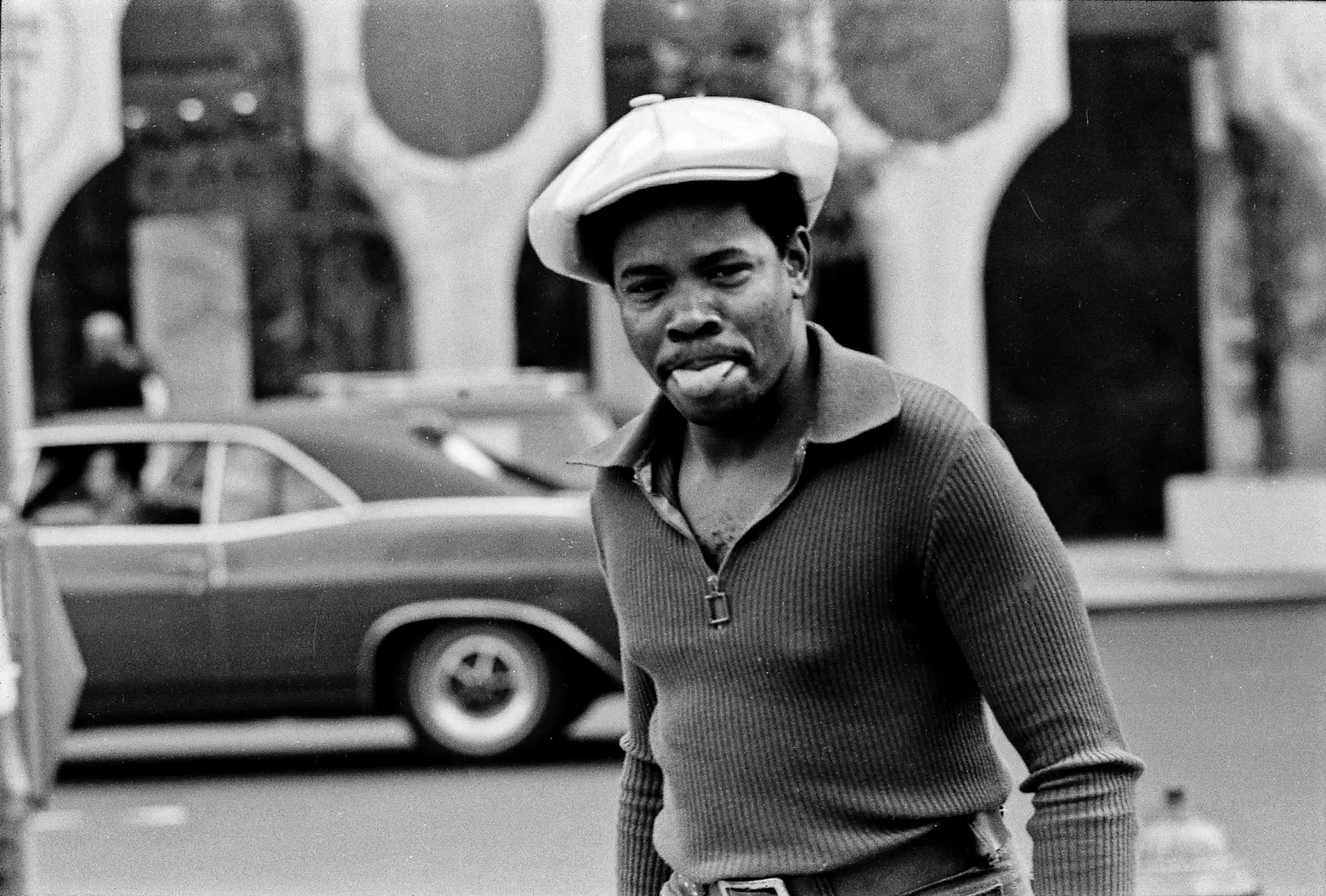
Why did you choose to shoot in black and white?
Even though I shot many color slides over the years, my main love has always been black and white. The ’70s images are of a specific era, but they still have a timeless feel. Black and white is a bit more mysterious. It’s more about the subject matter, without the distraction of the reality of color. I also still shoot black-and-white film 95 percent of the time. A friend gave me an inexpensive digital compact and I use that for my color observations. Film vs. digital… well, that’s a story for another day.
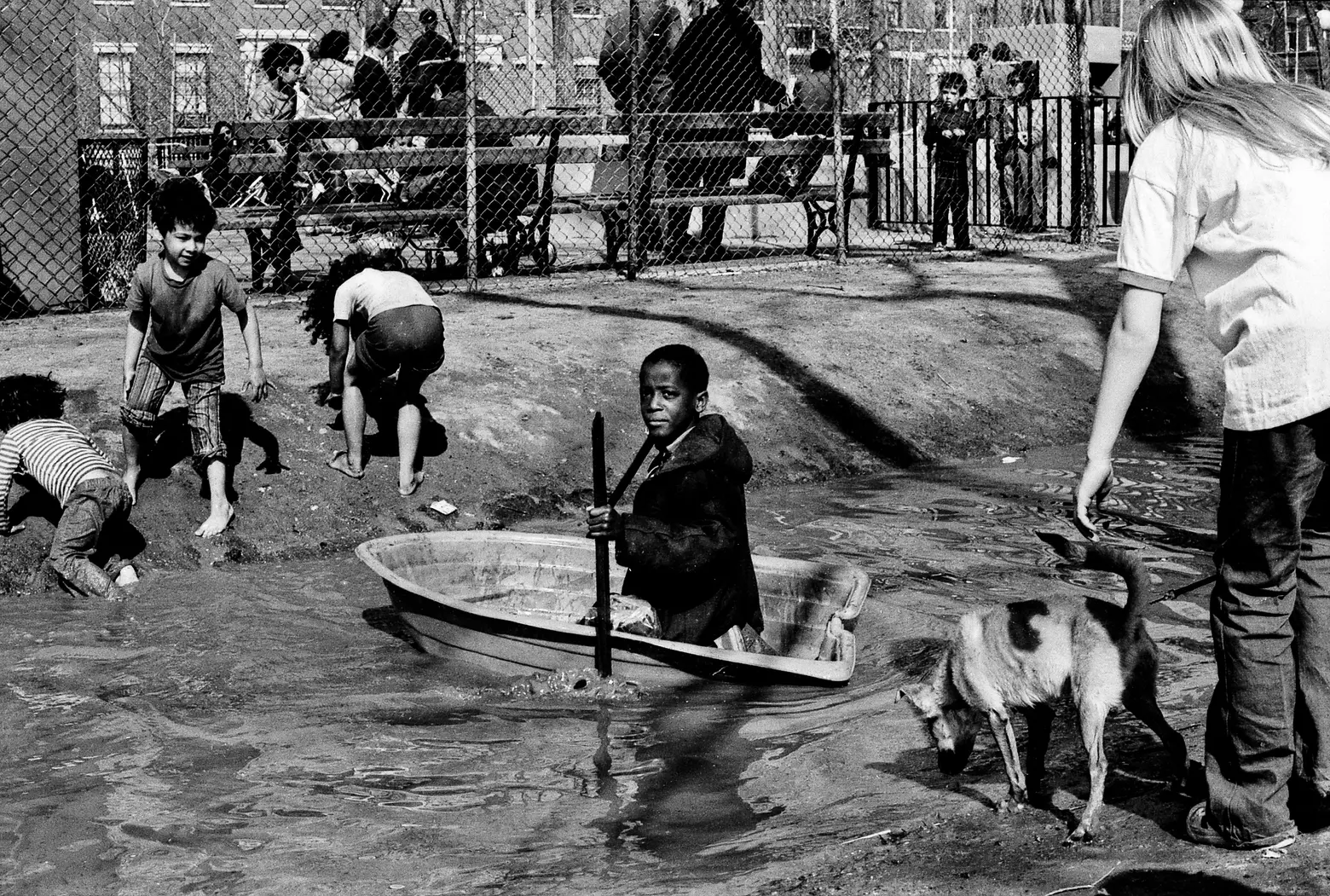
Okay, last question. Yankees or Mets?
Oh, I’ve been a Mets fan all the way since their inception in 1962! Though truth be told, I also followed the Dodgers in the early to mid-’60s. I grew up not far from Ebbets Field (now I’m really dating myself). The Dodgers moved to LA when I was seven. I used to attend both Mets and Yankees games in the ’60s, though many more Mets, first at the ancient Polo Grounds, then Shea Stadium.
- The Urban Lens: Carrie Boretz remembers NYC street life in the 70s, 80s, and 90s
- The Urban Lens: Abandonment and decay along the 1970s Greenwich Village waterfront
- The Urban Lens: Wayne Sorce’s vivid photos capture the spirit of 1970s and ’80s NYC
- The Urban Lens: Go back to the ‘mean streets’ and urban decay of 1970s NYC
All photos © Jeff Rothstein
